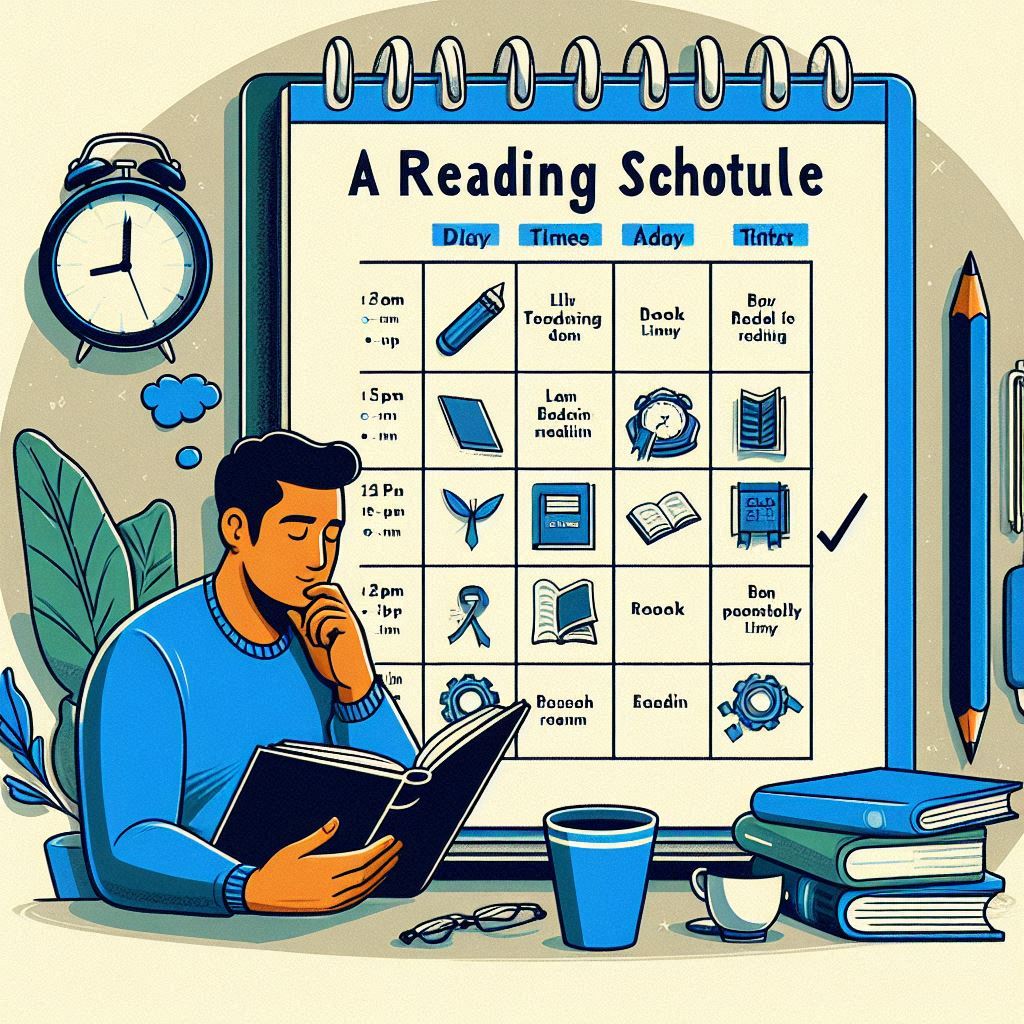Building a habit of reading is a journey that can enrich your life in many ways. Whether you want to gain knowledge, relax, or escape into different worlds, developing a consistent reading habit can be highly rewarding. Here are some practical tips to help you get started.

Set Specific Reading Goals
Begin by setting clear and achievable reading goals. Decide on the amount of time you want to dedicate to reading each day. For example, start with 20 minutes daily. Over time, you can gradually increase this duration. Having a goal keeps you focused and makes the habit easier to track. This method ensures that reading becomes a regular part of your daily routine without feeling overwhelming.
Setting realistic goals is crucial. If you start with an hour of reading daily, you might find it hard to maintain. Instead, short, manageable reading periods can easily fit into your schedule, making the habit more sustainable in the long term. As you get comfortable, you can extend your reading time, fostering a deeper and more engaging reading habit.
Create a Reading Schedule
Incorporate reading into your daily routine by designating a specific time for it. Whether it’s early in the morning, during lunch breaks, or before bed, having a set time helps in making reading a regular part of your day. Consistency is key to forming any habit. By allocating a particular time slot for reading, you create a routine that becomes second nature over time.
For instance, reading before bed can be a relaxing way to wind down, while morning reading can set a positive tone for the day. Experiment with different times to see what works best for you. The goal is to find a time that fits seamlessly into your daily life, ensuring that reading becomes a non-negotiable part of your schedule.

Track Your Progress
Use tools like journals, spreadsheets, or apps such as Goodreads to log your reading activities. Keeping track of what you’ve read and your thoughts on each book can motivate you and provide a sense of accomplishment. It also helps in setting future reading goals and identifying patterns in your reading habits.
Tracking progress not only keeps you accountable but also allows you to reflect on your journey. Seeing the number of books you’ve read or the variety of genres you’ve explored can be incredibly motivating. Additionally, writing reviews or summaries can deepen your understanding and retention of the material.
Keep a TBR (To Be Read) List
Maintain a list of books you are excited to read next. This saves time deciding what to read next and ensures you always have something to look forward to. Your TBR list can be in a notebook, a digital list on your phone, or a dedicated section on your bookshelf.
A well-curated TBR list can be a source of inspiration and motivation. When you finish a book, you can quickly move on to the next one without wasting time. It also allows you to explore different genres and authors, broadening your literary horizons.
Always Carry a Book
Make it a habit to carry a book with you wherever you go. Whether it’s a physical book, an e-reader, or an audiobook on your phone, having a book handy allows you to read during idle times, like waiting for an appointment or commuting.
This habit maximizes your reading opportunities. Instead of scrolling through social media or feeling bored during downtimes, you can immerse yourself in a book. This not only increases your reading time but also makes mundane moments more enjoyable.
Join a Book Club or Community
Engaging with others who share your passion for reading can provide motivation and accountability. Book clubs offer a platform to discuss and share insights about the books you read, making the experience more enjoyable and enriching.
Being part of a reading community can introduce you to new authors and genres you might not explore on your own. The discussions and different perspectives can deepen your understanding and appreciation of the books you read.
Start with Shorter Books
If you’re new to reading regularly, start with shorter books to avoid feeling overwhelmed. Completing a book quickly can build your confidence and create a sense of achievement, encouraging you to keep going.
Shorter books or novellas are less daunting and can be completed in a few sittings. This quick sense of accomplishment can boost your confidence and motivate you to tackle longer reads gradually.

Benefits of Developing a Reading Habit
Regular reading can enhance your knowledge, improve your concentration, reduce stress, and provide mental stimulation. It can also expand your vocabulary, improve your writing skills, and even boost your empathy by exposing you to different perspectives and experiences.
Reading consistently contributes to lifelong learning and personal growth. It keeps your mind active and engaged, fostering critical thinking and creativity. Whether you prefer fiction or non-fiction, the benefits of reading are vast and far-reaching.
By following these tips, you can gradually build a habit of reading that fits seamlessly into your lifestyle. Remember, the goal is to enjoy the process and make reading a pleasurable part of your daily routine.
For more Read Essential Soft Skills You Need To Learn

